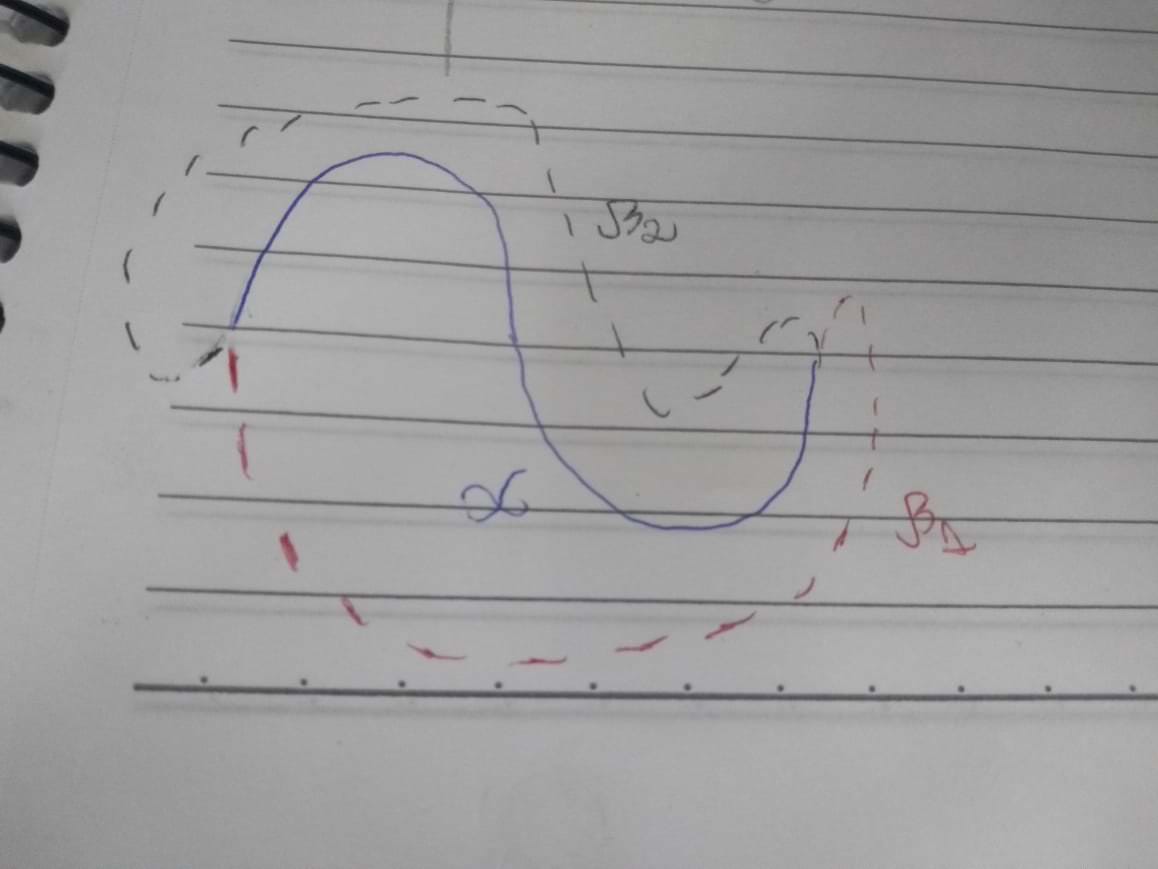Let $\alpha: [0, L] \to \mathbb{R}^2$ be smooth and such that $\langle\alpha(L) - \alpha(0), (0,1) \rangle = 0$, $\alpha(0) \neq \alpha(L)$ and $\alpha'(0) = k\alpha'(L)$ for some $k$. We know that $x(\alpha(t))$, where $x(u,v) = (\cos(u), \sin(u), v) \ \forall (u,v) \in \mathbb{R}^2$ is closed, but $\alpha$ is not. It seems pretty intuitive to claim that $\alpha$ can always be made closed.
An example of what I mean (see sketch below) is the curve $t \mapsto (t, \sin(t))$, $t \in [0, 2\pi]$. It's very intuitive that there are infinitely many ways to "close" $\alpha$ by some other curve $\beta$ such that the curve $\omega = \alpha \cup \beta $ is also smooth and in a way that we don't lose anything, i.e, $\omega$ has all the properties $\alpha$ has. But how can we formalize this notion of the "closure" of a curve for an arbitrary smooth curve? I can't imagine any $\alpha$ that satifies the above and can't be "closed", but I'm not sure yet how to make these thoughts rigorous (the most ideal would be a constructive proof of the existence of $\beta$ for any smooth $\alpha$).
